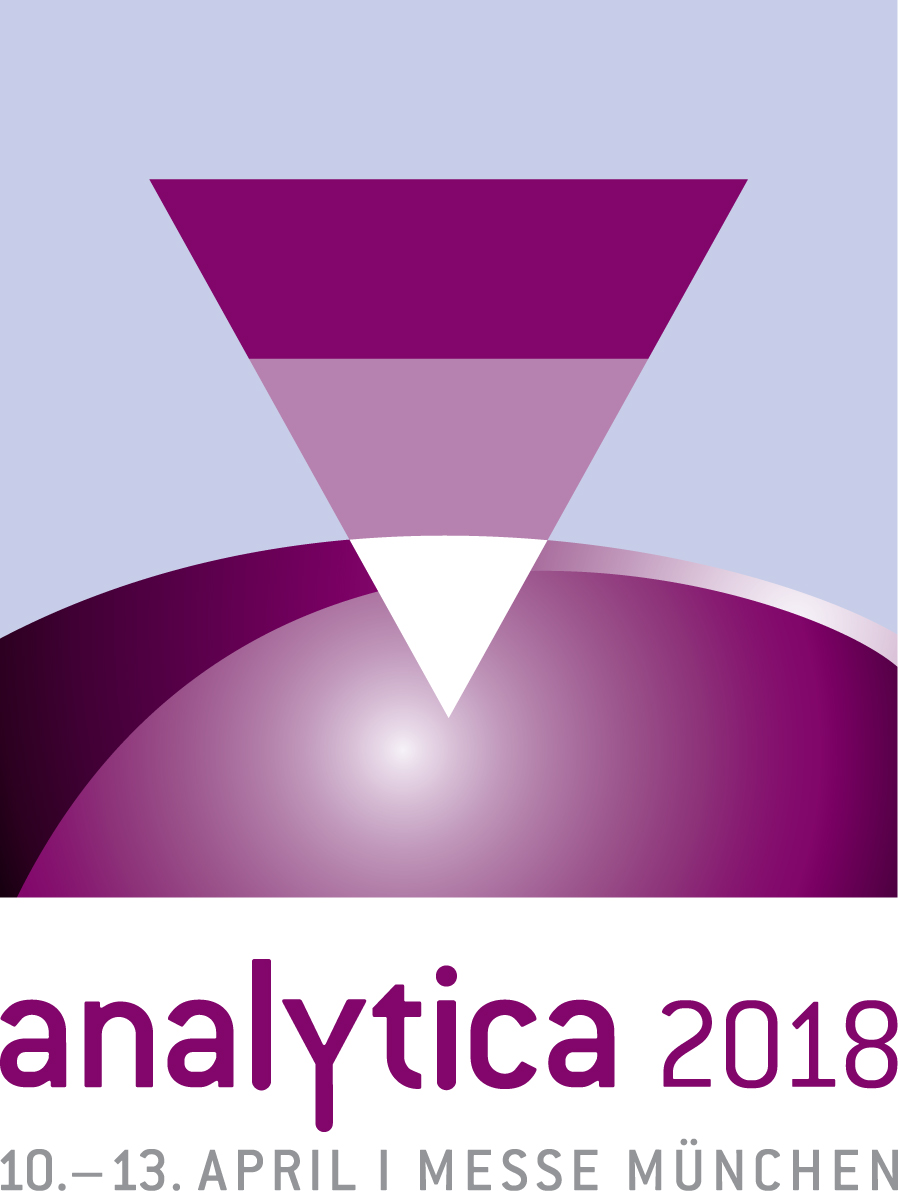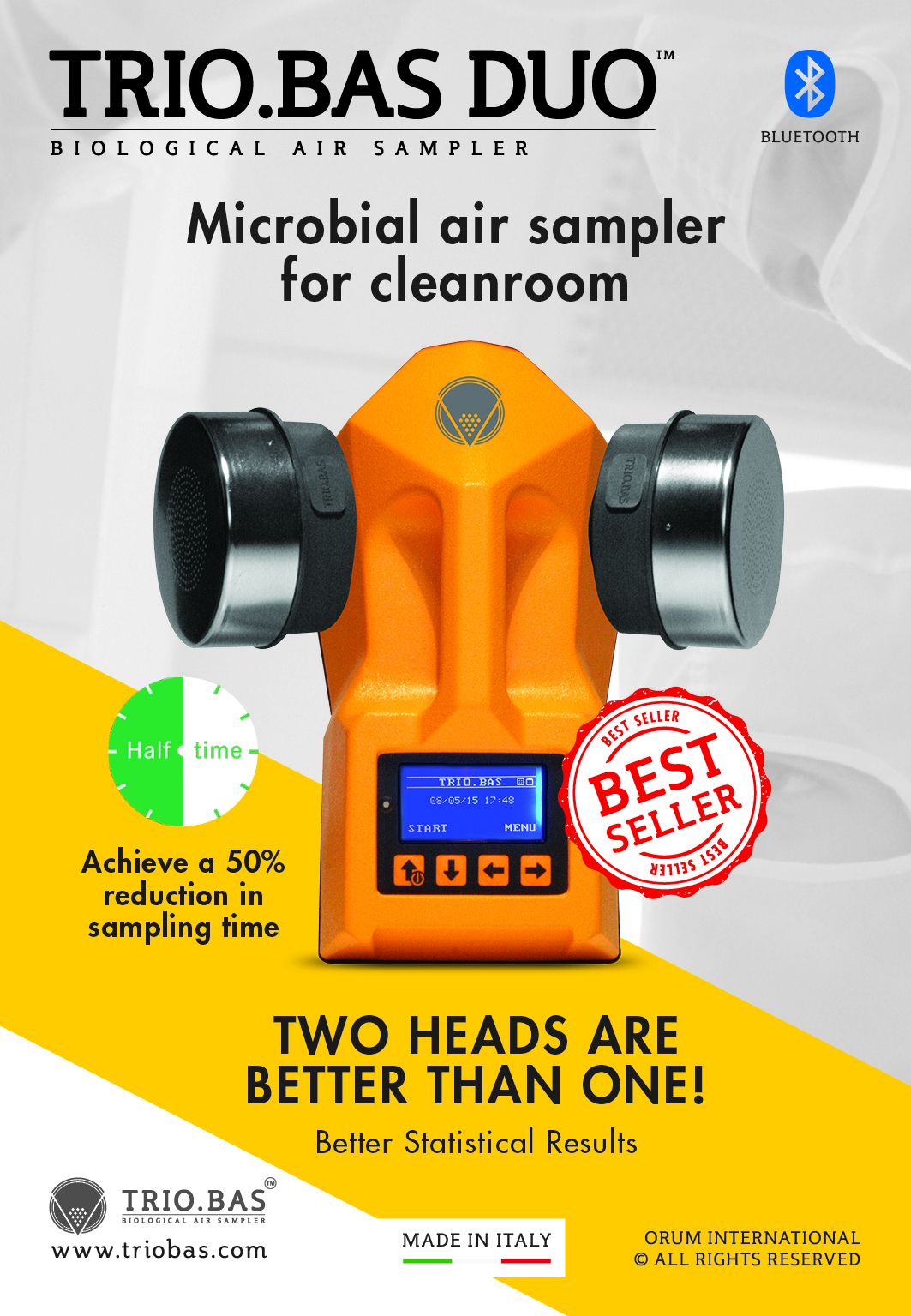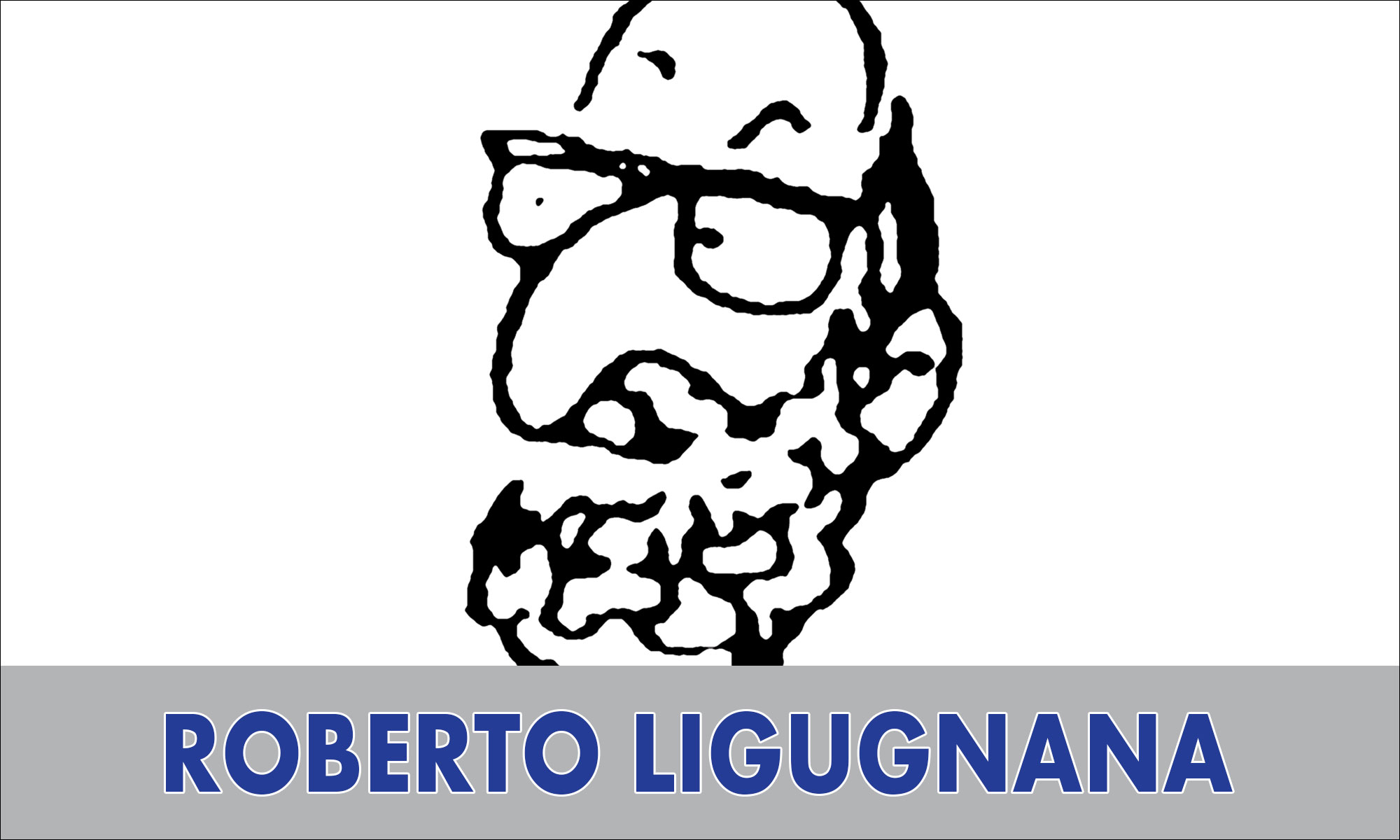ISO 9622|IDF 141 contains guidelines for the testing of milk
New dairy standard will improve accuracy of millions of milk tests performed every day Joint work between ISO and the International Dairy Federation (IDF) has resulted in an important update of a key analytical standard for the global dairy sector. These instruments are extensively used in laboratories and dairy plants worldwide. The new version now also fully covers the use of Fourier Transform InfraRed (FTIR) technology, which improves the routine compositional analysis of milk, according to Paul Sauvé and Harrie van den Bijgaart, two experts involved in the standard’s development.
“FTIR analysers measure the full mid-infrared spectrum whereas the description in the old standard was limited to traditional wavelengths,” explained Paul Sauvé, expert at the IDF.
“This means we can be more accurate with fat and protein measurements and test for more components such as urea and added water,” he said.
This increased accuracy is important for products intended for export and trade and will help set pricing in milk payment schemes, as milk prices vary depending on the fat and protein contents, highlighted Harrie van den Bijgaart, Chair of the ISO committee that developed the standard (ISO/TC 34/SC 5).
“Furthermore, it could lead to the development of new tools to help dairy farmers optimize their herd management, for example indicators for ketosis and feed efficiency,” he added.
In addition, the fact that multiple parameters can be measured at the same time reduces costs in testing laboratories.
IDF and ISO have been working together over many years to develop and publish standard methods of analysis and sampling for milk and other dairy products.
Harrie van den Bijgaart explained the significance of this collaboration: “Joint International Standards are important to prevent duplication of work in the development of standards and to avoid incongruences. That is all what standardization is about, reaching consensus between stakeholders in the broadest sense and documenting it.”
Fonte: ISO Standard

















